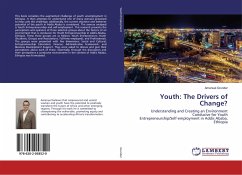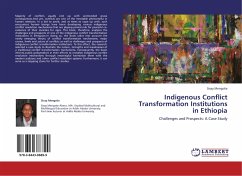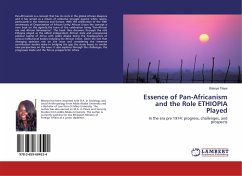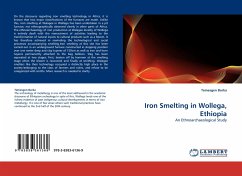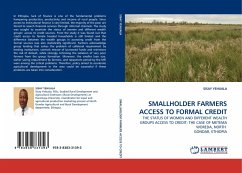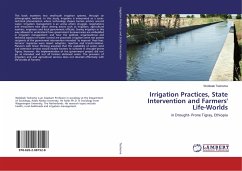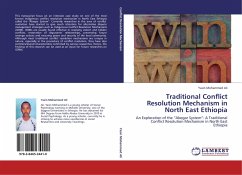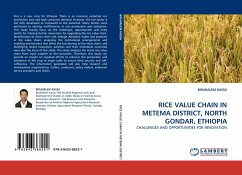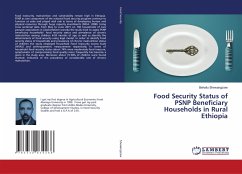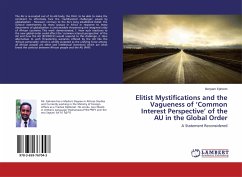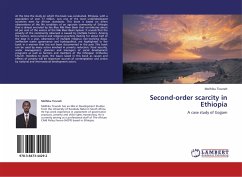
Second-order scarcity in Ethiopia
A case study of Gojjam
Versandkostenfrei!
Versandfertig in 6-10 Tagen
32,99 €
inkl. MwSt.

PAYBACK Punkte
16 °P sammeln!
At the time the study on which this book was conducted, Ethiopia, with a population of over 77 million, was one of the most underdeveloped countries even by African standards. This book is based on direct observations of the life condition of an agrarian community of Ethiopia that is almost encircled by the Blue Nile River Basin that contributes about 62 per cent of the waters of the Nile River Basin System. It reveals that the poverty of the community observed is caused by multiple factors. Among the factors, socio-cultural and religious practices (fasting for about half of the days in a year...
At the time the study on which this book was conducted, Ethiopia, with a population of over 77 million, was one of the most underdeveloped countries even by African standards. This book is based on direct observations of the life condition of an agrarian community of Ethiopia that is almost encircled by the Blue Nile River Basin that contributes about 62 per cent of the waters of the Nile River Basin System. It reveals that the poverty of the community observed is caused by multiple factors. Among the factors, socio-cultural and religious practices (fasting for about half of the days in a year, observance of multiple religious non-working days), ineffective water governance and hydropolitics, are highlighted in the book in a manner that has not been documented in the past. This book can be used by many actors involved in poverty reduction, food security, water management, planners and managers of social development programs as well as farmers and members of the Ethiopian OrthodoxChurch. Needless to state, the issues raised in this book as causes and effects of poverty will be important sources of contemplation and action by national and international development actors.



